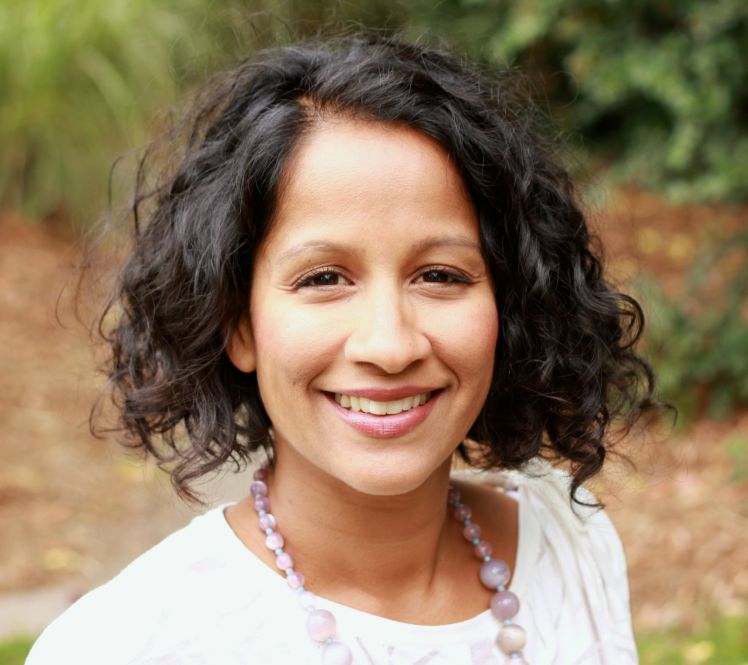Fourteen skills-based roles for communications volunteers
Do you involve volunteers in the delivery and development of your communications? Are you thinking beyond the communications committee? You need help getting the work done, so wouldn’t it be lovely to tap into a pool of folks who have the skills that you need?
According to Volunteer Canada, more and more people wish to apply specific skills to their volunteer work, which is great news for communicators. To kick start your thinking about how volunteers can help you develop and deliver quality communications, here is a list of potential roles for communications volunteers.
Proofreaders: Ensure you have access to a fresh, external set of eyes to catch errors in your copy. Line up a proofreader who can be ready to review your promotional materials, editorial content, and important planning documents and presentations as they are developed.
Reviewers: Separate from proofreaders, reviewers can simply look over your copy for flow and structure and to ensure it makes sense. Internal review helps, but it’s beneficial to get someone who isn’t close to the content to take a look. You might want to recruit someone with professional copyediting skills for this.
Writers: You need to develop large volumes of content and skilled writers can help in many ways. Profiles, staff and board bios, promotional copy for events and programs, media releases…the list goes on and on. Look to match volunteers with journalistic backgrounds to editorial work, and with marketing or advertising backgrounds to promotional copy.
Graphic designers: Your growing digital communications likely have you facing a growing need for design. Supplement the professional designers that work with/for you with volunteer design help. For example, a volunteer designer can help with the numerous graphics you need for social media (memes, social media skins, inspirational quotes or messages). Your volunteer can also work with your core design elements to grow your library of templates (presentations, posters, reports, etc.)
Bloggers: Yes, I already mentioned writers, but blogging deserves its own category. Why? Because blogging requires a high volume of content generation and it’s more suitable here to include varying and informal writing styles. It’s also important to have community members blog about their stories/perspectives, versus writing on behalf of your organization.
Event photographers: If you have frequent events, recruit a volunteer dedicated to capturing each one in photographs. Have them photograph people in action, as well as posed photographs such as award or prize winners, speakers, VIPs, etc. This volunteer can also help you document your process by taking a few shots of the venue, décor, room setup, etc.
Portrait/head shot photographers: A skilled volunteer might be your solution to capturing quality head shots of your board, staff team, experts, spokespeople, etc. You can feature these photos on your website, use them to accompany editorial content (for profiles or author bios) and make them available for use on social media profiles. If these are folks who speak on you organization’s behalf, it’s nice to have good quality shots to go out with speaker bios.
Photo editors: There are two types of photo editors that can be very helpful to communicators. First, there are photo editors who help to source and place photos for your publications/materials. Second, those photo editors who actually edit (as in alter) photos. Even though the free photo editing tools abound, wouldn’t it be nice to have a little help with all of that cropping, retouching and resizing?
Videographers: If video isn’t already an important component of your communications mix, it probably will be soon. Recruit a volunteer to capture programs in action, testimonials and stories of those your organization helps.
Video producers and editors: You have the footage, but still need some help with pulling the right clips into meaningful sequences and adding titles, graphics, effects and sounds. Just a little knowledge of basic video editing software can help your videos shine.
Email marketing advisor: Bring in an experienced email marketer to review your email communications and advise on format, content, frequency and style. A volunteer with this background might be able to design, implement and analyze a reader survey for you.
Social media ambassadors: to help spread your messages and support and grow your online communities. Ambassadors can share information about your campaigns, share or retweet your updates and actively participate in your discussions.
Experts and spokespeople: Don’t scramble; line up the people you can turn to when the media call. Officially welcome and orient them as volunteers. As volunteers, they will also be more receptive to providing expertise, insights, and sound bites for the content you’re generating internally.
Marketing administrative support: Bring in a skilled administrator to help manage work plans and files, catalogue/archive photos and videos, update editorial calendars and coordinate editorial committees. If you work in the cloud, even this role can be carried out remotely!
These are just a few ideas. Review your work commitments and priorities and think creatively about how a skilled volunteer can help. At our February #NPMC Twitter chat on working with volunteers, community members offered a number of additional ideas, including storytellers, best-practice researchers and event planning/promotion volunteers.
Building your capacity with skilled communications volunteers
If you’ve decided to work with skilled communications volunteers, do keep some of these points in mind:
- Start by determining which skills you need. If you need a high volume of work in one of these areas, such as photography, recruit a dedicated photographer. If your volume isn’t that high, group functions together into a role that makes sense, for example, event and portrait photographer, plus photo editor.
- Based on the skills you require, pull together clear, specific role descriptions. Look for help from us on that point next week!
- Make sure that you understand the basics of effectively engaging communications volunteers.
- Keep your communications aligned and on brand, by sharing your brand guidelines with all communications volunteers.
The list above represents just a few ideas to get you thinking about working with communications volunteers. What other roles and functions would be useful and meaningful at your organization? How do you work with communications volunteers?



 PRINT
PRINT
